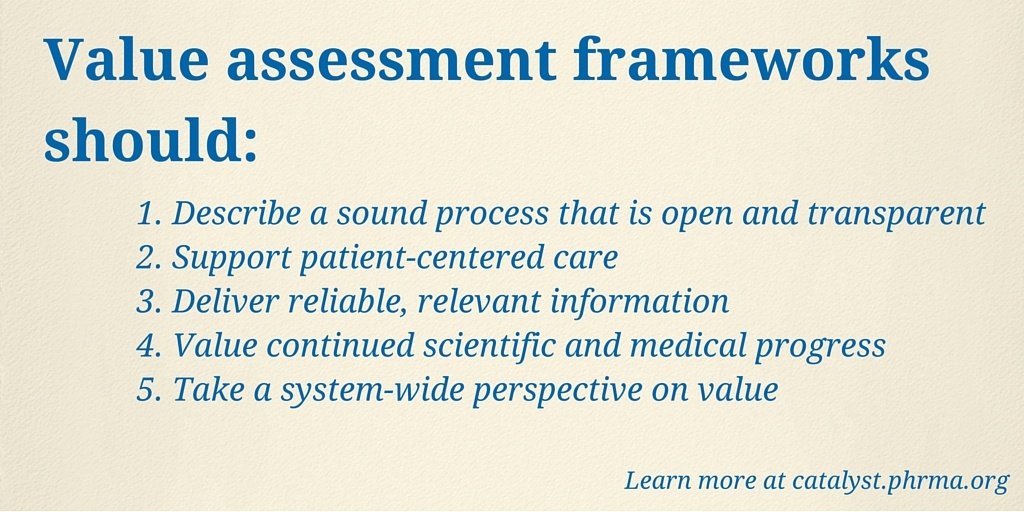
In case you missed it, a recent article in The Economists’ Voice examines how assessing the value of medicines using budget caps would impede patient access and chill biopharmaceutical innovation. In the piece, economists at the University of Southern California and Precision Health Economics argue that arbitrary budget caps violate five important principles of health policy and make decisions based on short-term value, which can be detrimental to patient health.
The use of budget caps highlights a fundamental problem with the Institute for Clinical and Economic Review’s (ICER) so-called value framework. The ICER model employs budget caps that set a limit on total drug spending based on a target growth rate (GDP+1%). The total budget is divided by the average number of medicines or medical devices approved in the last two years to arrive at a target budget for every drug or device that is assessed. If the estimated target budget is exceeded, ICER recommends a reduced price to achieve its affordability target, which it terms health system value, and is a made up determination of value by the organization. 
As the article points out, this approach contains critical flaws that favor spending on status quo care over value-added advances. By setting price benchmarks based on budget caps on drug spending, ICER creates a strong bias against advances that increase total spending on new tests and treatments but can replace other services such as emergency room visits and hospitalizations. If newer, less toxic, but potentially more expensive cancer medicines can keep patients out of the hospital, give them the option to work or go about daily activities or spend quality time with loved ones while undergoing treatment, shouldn’t we allocate a greater proportion of health care dollars to these advances? According to ICER, the answer is no.
Learn more about how ICER’s model doesn’t meet patients’ needs and support continued improvement in health care here.





